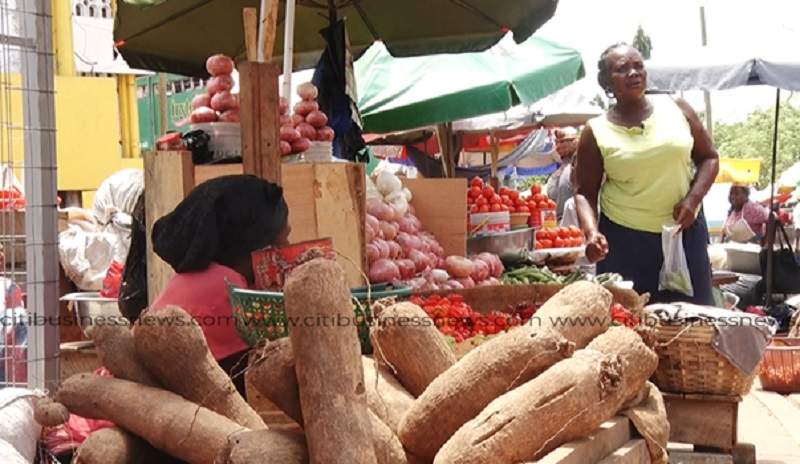Following the recent announcement on the rise in the inflation rate in the country, industry players have intensified calls for an intervention to check the rising prices of goods and services in the country.
Ghana’s economy has in recent times experienced a downturn. Stakeholders have cited the depreciating cedi, spike in fuel prices, inflation rates and the general increase in the cost of living as pointers to the claim.
Calls have been on the rise for the government to present an economic rescue plan to address the economic crisis which only seems to be getting worse.
Economist Courage Boti is warning that Ghana might lose foreign investors if this continuous surge is not checked.
“Already, inflation was above the treasury bill rate, which has depressed real returns on most of the fixed-income investments. So we’ve seen shortfalls and demands at the auctions over the last few weeks. With inflation now 23.6 percent and T-bill rate for 91 days around 17.88 percent, the real return is even further depressed and that will make it more unattractive for investors.”
He added, “It appears that government will have to give up so much in terms of interest rates to be able to attract some demand for T-bills and the other fixed-income investments at this point in time if they must fund the policies of the 2022 budget.”
The Government Statistician, Prof Samuel Kobina Annim, is also calling for policymakers to check the alarming situation.
The government has, however, been outlining what it is doing in response to these calls.
Finance Minister, Ken Ofori-Atta, at a press briefing in Accra on Thursday, explained that the only way by which imported inflation in Ghana can be minimised is if the country is able to raise more entrepreneurs to produce locally.
His comments come on the back of the soaring inflation rate for imported goods, which exceeded domestic inflation for the first time in 29 months in April.
The inflation for imported goods was 24.7 percent, which is higher than the 17.3 percent recorded for March while the inflation for locally produced items was 23 percent, up from the 20 percent recorded in the previous month.
“Cabinet was quite precise about the budget and the theme of building an entrepreneurial society. So the GHS10 billion intervention where you’re going to have people create their own jobs and have work to do is going to be important and enhance productivity towards this. Because of imported inflation, what are you going to do about food, fuel, and financing out there? The question is whether we can get our people to be more productive so that we move towards an environment where people are in control of their destiny.”
Source: citibusinessnews.com

